Thought Pieces

Advancing Sexual Health Science: New Handbook Release
May 1, 2025
In a moment when public health science is being tested by both political scrutiny and shifting priorities, my new handbook offers a timely and necessary contribution to how we conduct rigorous, culturally grounded research.

Peer Change Agents: A Promising Intervention for Sexual Health Promotion Now Under Threat
April 4, 2025
Over the past decade, HIV prevention science has made notable progress — particularly in expanding awareness and access to pre-exposure prophylaxis (PrEP).

Significant Recruitment and Engagement among Black SMM Living with HIV: Reflections from CROI 2025
March 12, 2025
At the 2025 Conference on Retroviruses and Opportunistic Infections (CROI), I presented our research on recruitment strategies to obtain a digital cohort of 1,000 Black sexual minority men (SMM) living with HIV.

Who can I run to: Navigating Health Information in a Changing World
February 9, 2025
In an era where policy changes impact nearly every aspect of society, the question of whom to trust for accurate health information is becoming increasingly complex.
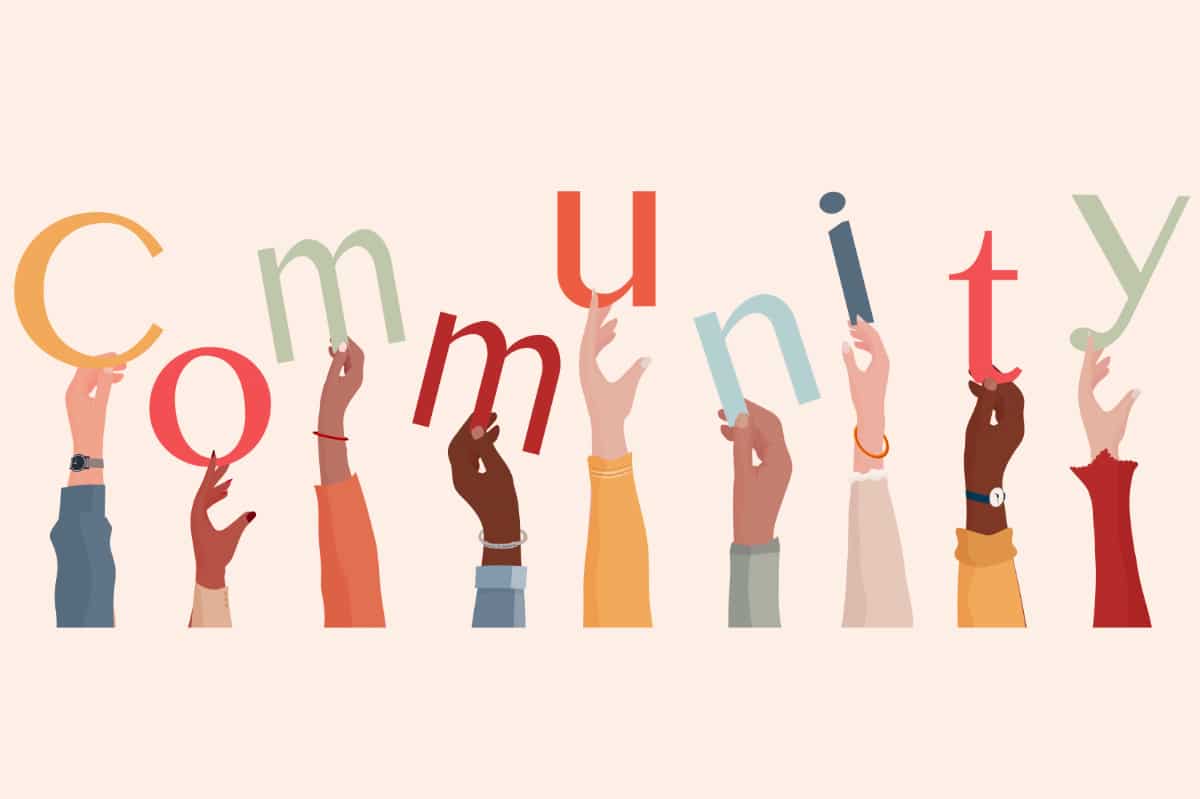
Removing the Scientist-Community Divide: Lessons from POSSIBLE and the Power of Community-Centered Communication
October 29, 2024
Recently, I had an insightful conversation with some community partners about the crucial need to bridge gaps in the sharing of scientific information with “the community” and helping scientists see themselves as part of “the community.”

Unpopular Opinion: Doxy-PEP Promise for STI Prevention May Be Overestimated and Underscrutinized
October 15, 2024
Despite the enthusiasm surrounding its ability to reduce the risk of certain STIs, a growing body of evidence has raised concerns about the overuse of doxycycline as STI post-exposure prophylaxis.

The Importance of Equitable Incentives for Research with Black Sexual Minority Men
September 19, 2024
In public health and social science, inclusive and equitable research practices are crucial for ensuring that all communities benefit from scientific progress.

Hopelessness: An Understudied Concept Among Black Sexual Minority Men
July 18, 2024
Hopelessness is different from depression, as depression is oriented toward the present and hopelessness projects onto the future.
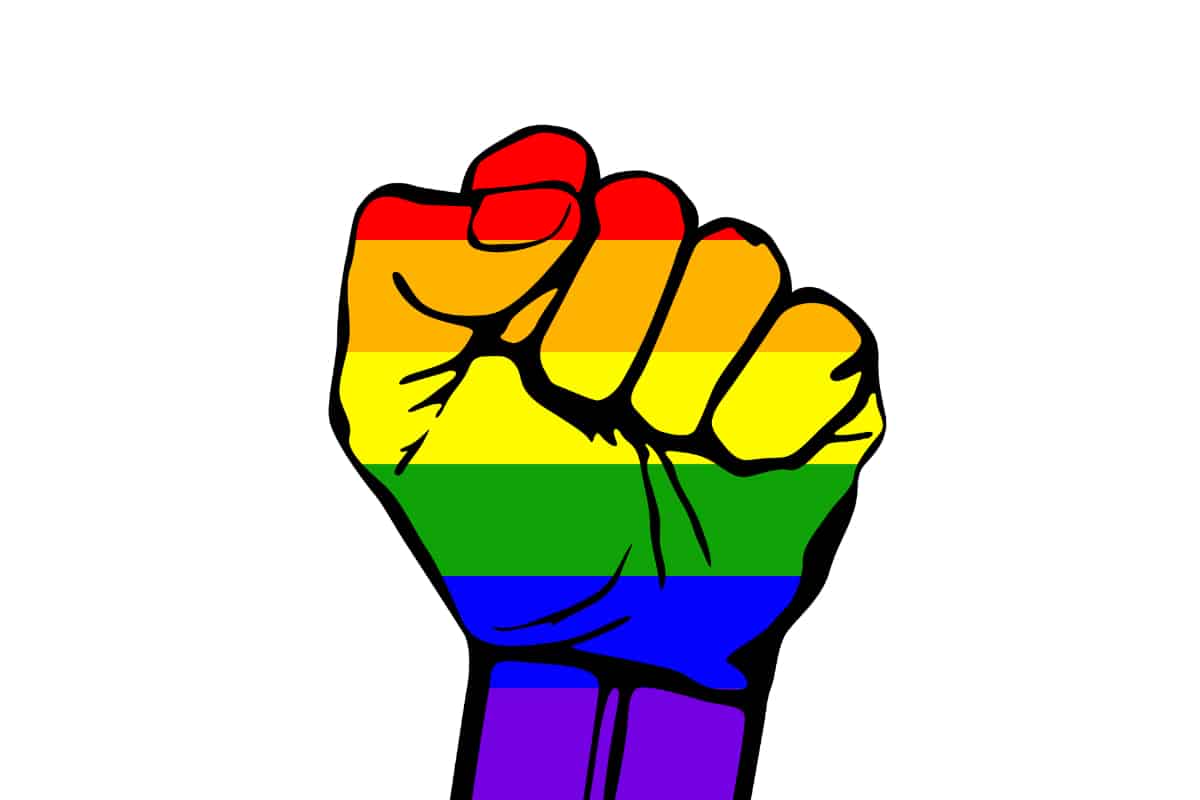
Celebrating Black Pride: Considerations for Outreach, Recruitment, and Community Engagement
June 12, 2024
On the heels of DC Black Pride, I am reminded of the importance of engaging the community and thinking of meaningful ways to build trust and encourage research participation among Black gay, bisexual, and other sexual minority men.

What’s so bad about getting HIV?
February 28, 2024
Some believe that one of the questions in our HIV prevention study could be stigmatizing. This concern led me to raise the question: “What’s so bad about getting HIV?”
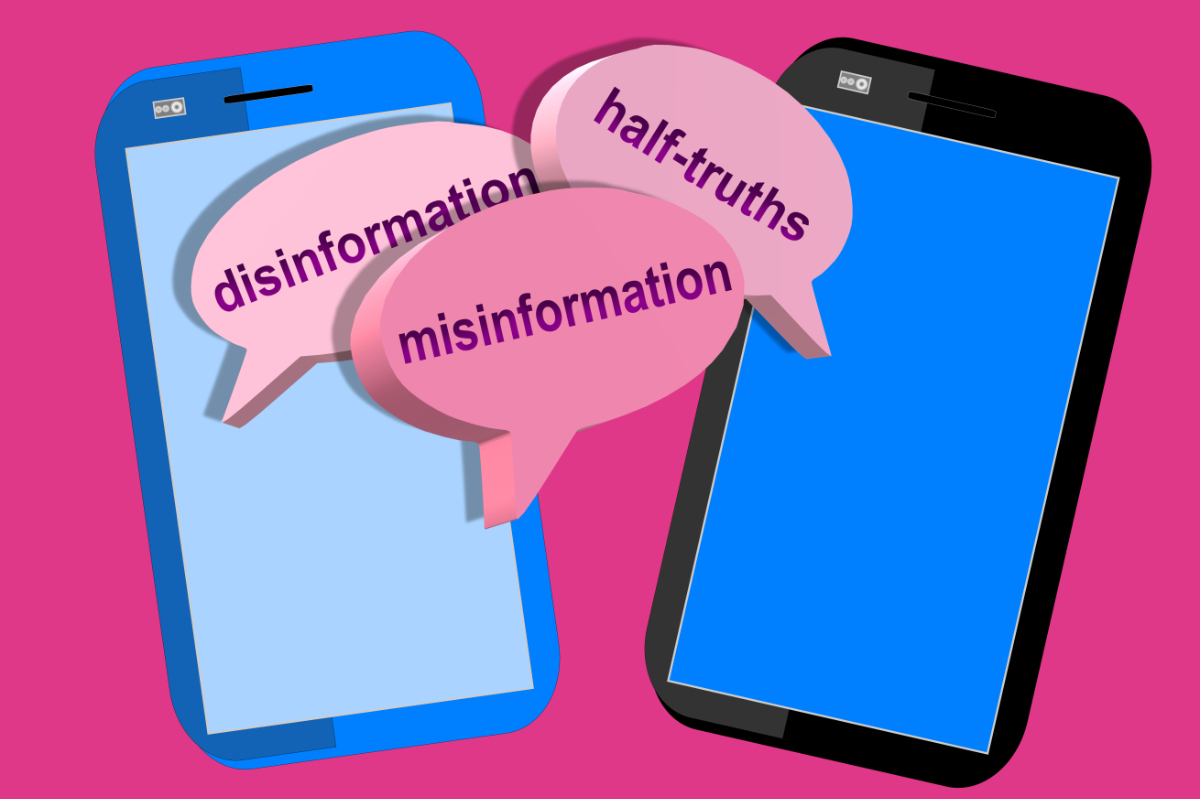
Addressing Misinformation In Health Communication
February 14, 2024
This week in my Advanced Health Communication class, I am teaching about the role of misinformation on health behavior and outcomes and I am reminded of my work in sexual health promotion for Black sexual minority men (SMM).
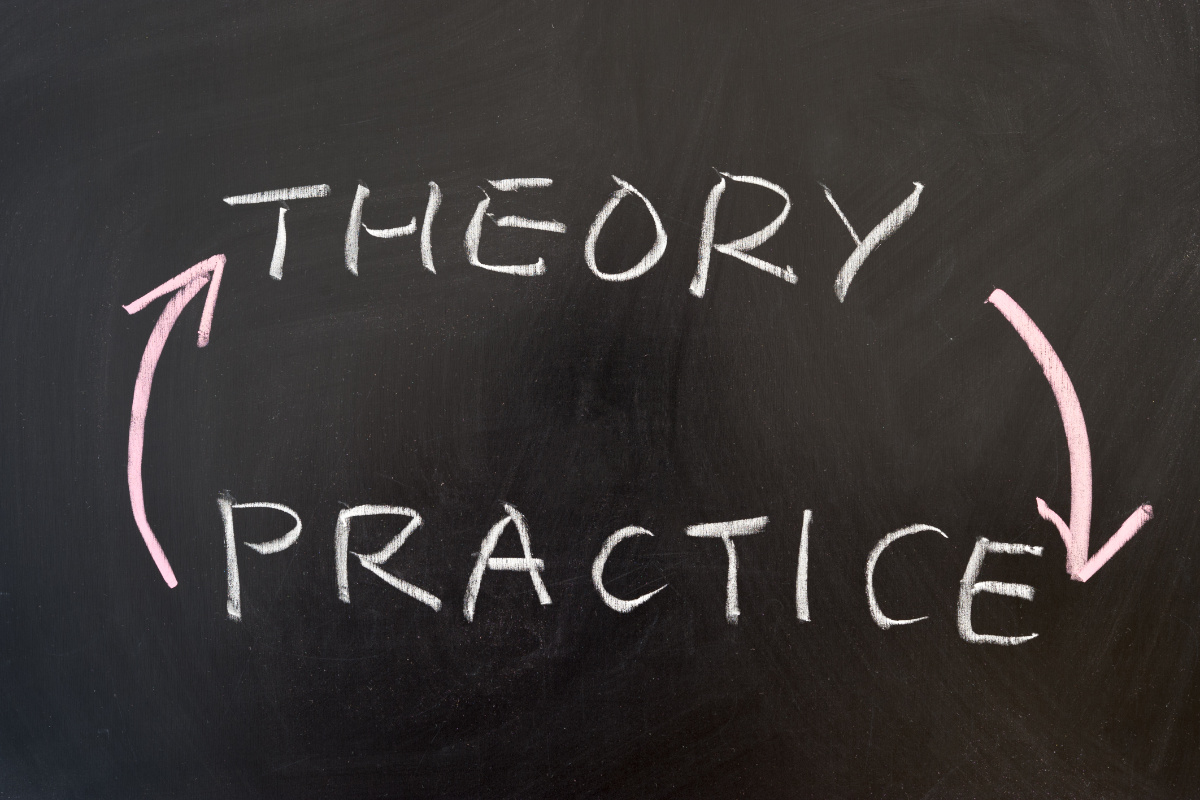
Advanced Public Health Communication: Theory and Practice
January 31, 2024
Theories that assess risk and identify elements for behavior change are foundational to public health practice and related policy.

The Significance of Sexual Epidemiology
January 18, 2024
My research to-date coupled with my experience as the PI and Peer Change Agent for an HIV prevention intervention has made it immensely clear to me that public health and clinical researchers need frameworks to better understand what is considered sexual “risk” for HIV and other STIs to better engage
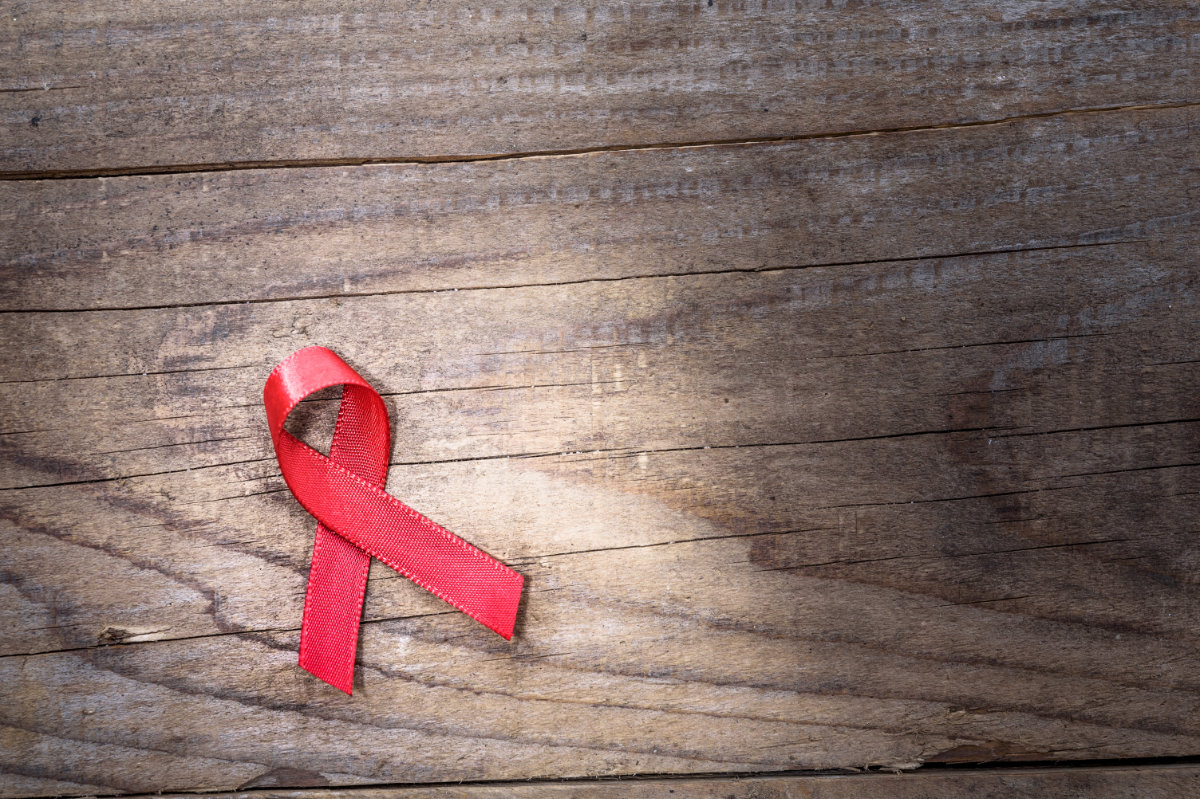
The Miseducation of U=U
September 7, 2023
U=U means that people with HIV who achieve and maintain an undetectable viral load (i.e., the amount of HIV in the blood) cannot sexually transmit the virus to others if they take antiretroviral therapy as prescribed.

Peer Change Agents Advance the Usefulness of Community Health Worker Models
August 2, 2023
I recently attended the International AIDS Meeting in Brisbane, Australia where I discussed the latest intervention I led as a peer change agent (PCA).

PI as a Peer Change Agent: IAS 2023!
July 17, 2023
POSSIBLE was a theoretically-guided multicomponent intervention designed to improve perceived HIV risk as a precursor to PrEP initiation among Black sexual minority men.
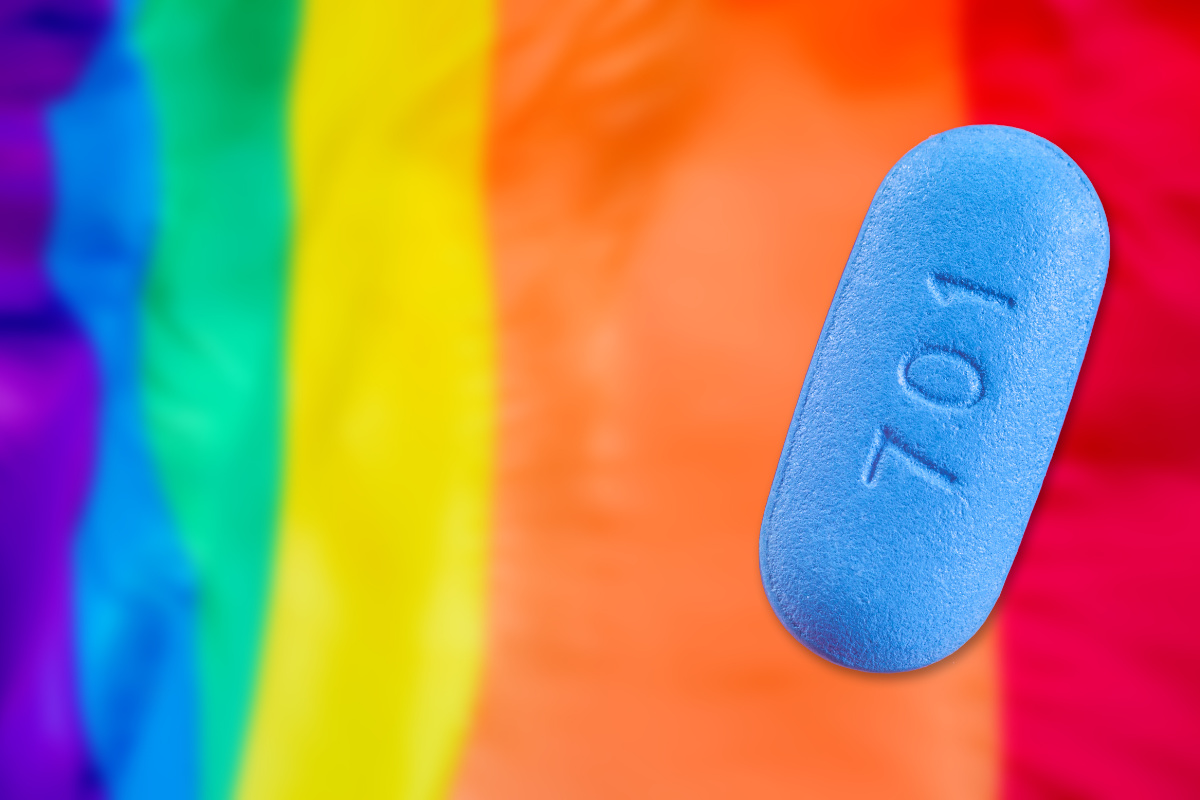
Is PrEP Really For All or Just For “Them?”
June 24, 2023
Pre-exposure prophylaxis is highly effective for HIV prevention. However, use remains low for Black gay and bisexual men.

PrEP Disparities: Issues of Access or What?
June 10, 2023
Pre-exposure prophylaxis (PrEP) is a medication that substantially prevents HIV acquisition. One form of PrEP involves a single pill containing tenofovir disoproxil fumarate and emtricitabine taken daily.
